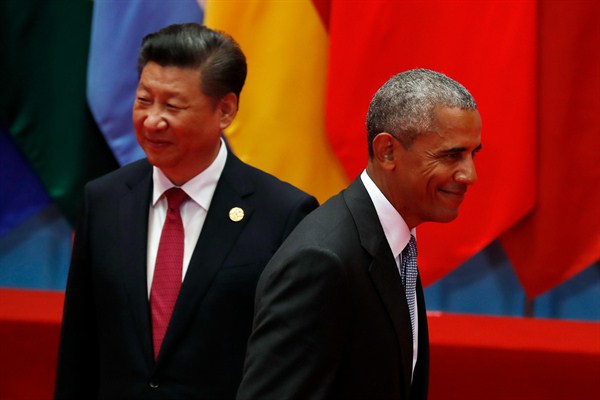China has a growing terrorism problem. For many years Beijing believed it could avoid transnational extremism simply by staying out of the security affairs of other nations. But this no longer works. Just as Saudi Arabia and Pakistan found that leaving extremists alone did not protect them from terrorism, China is reluctantly being drawn into the conflict with global Islamic extremism.
Two things are driving this. China’s growing international presence, both governmental and business, has set off an “antibody reaction.” Chinese nationals have become targets of terrorism simply because they are foreigners from a rich great power, rather than because of anything China has done. Killing them gets terrorists the attention they crave. Second, some separatists among China’s Muslim Uighurs have decided to link their movement with al-Qaida and the so-called Islamic State. Both groups have long connected local grievances by Muslims to their wider cause. Now extremist Uighurs appear to have bought into this idea, whether out of true commitment, to gain access to the resources and expertise that al-Qaida and the Islamic State can offer, or to raise their profile among China’s Muslims.
While terrorist attacks inside China began in the 1990s, they have become more frequent and deadly as Uighur extremists learned from other terrorist groups. In 2014, Uighur terrorists inspired by Palestinian attacks in Israel launched a mass knife attack and set off a large car bomb. The next year saw a number of package-bomb attacks in China’s Guangxi province. During this time, Chinese nationals became the victims of terrorism in Thailand and Mali. Then a few weeks ago, the Chinese Embassy in Kyrgyzstan was attacked by a suicide car bomb linked to Uighur separatists.

